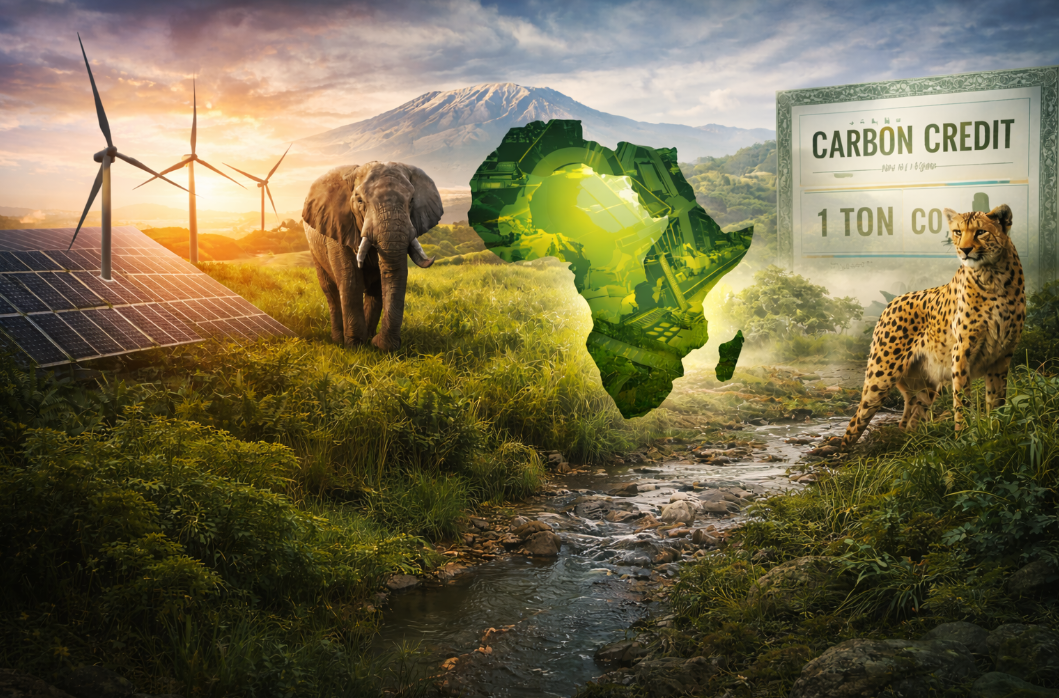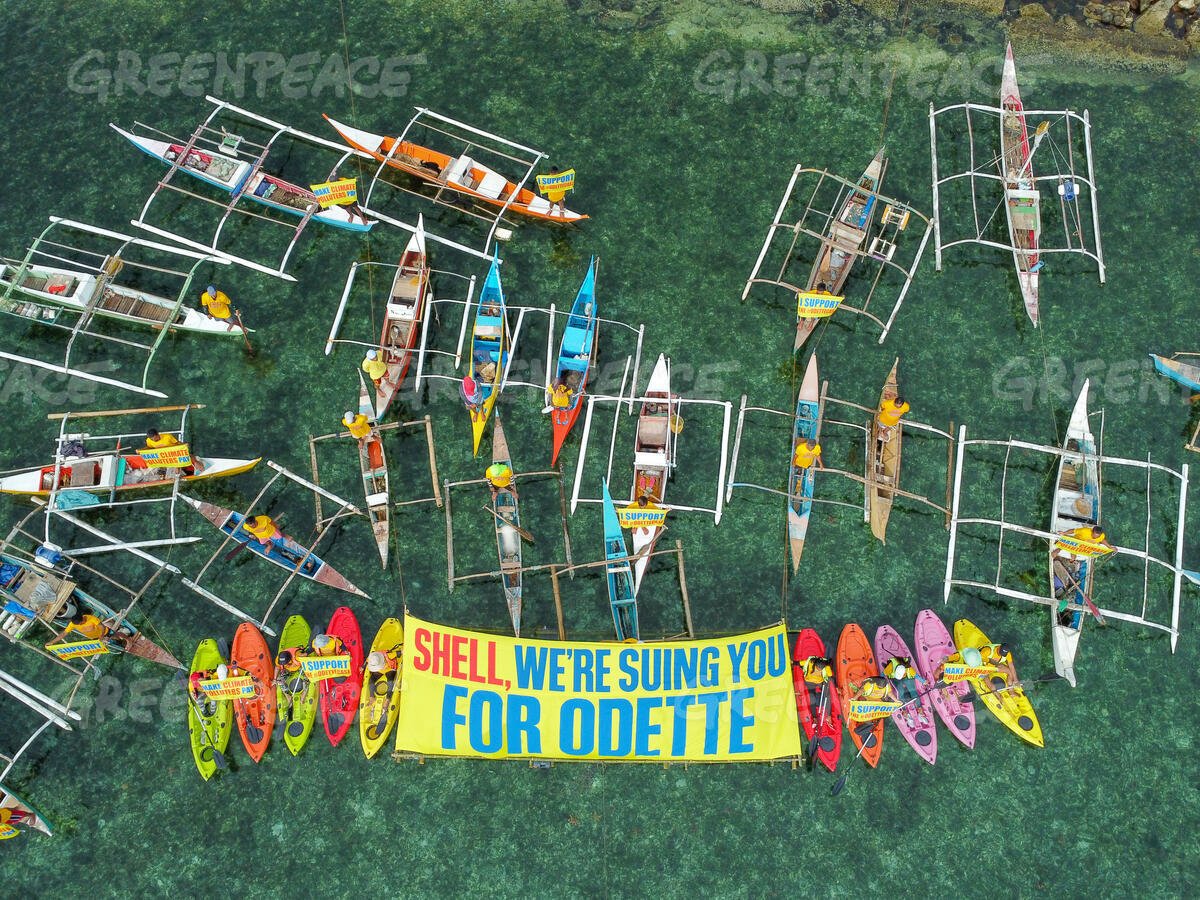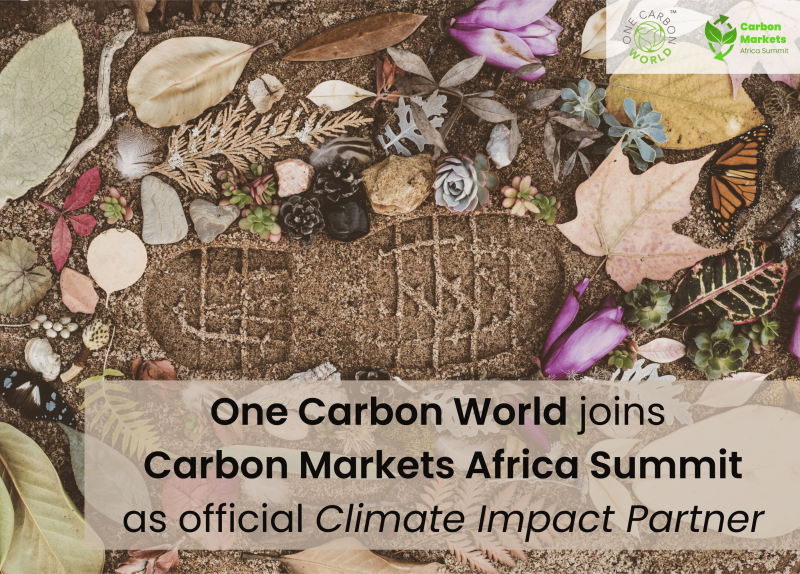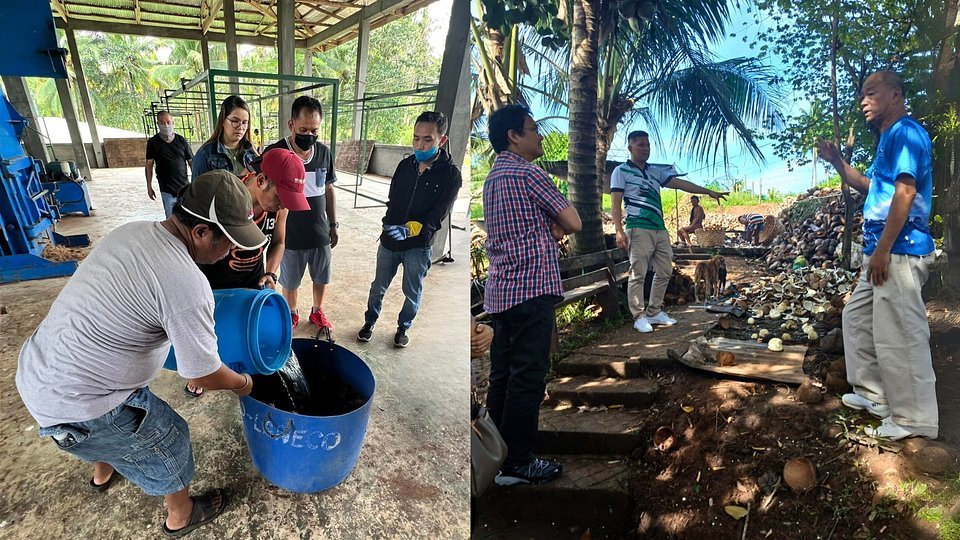A groundbreaking study by World Weather Attribution reveals that climate change has made November’s typhoon series in the Philippines nearly twice as likely. Furthermore, the study highlights a 25% increase in the probability of the country experiencing at least three Category 3-5 typhoons annually.
Greenpeace Southeast Asia climate campaigner Jefferson Chua responded forcefully to these findings, pointing fingers at fossil fuel giants.
“Scientists are quick to conclude what policymakers are too slow to act on: killer typhoons are made worse by climate polluters like Shell, Total, and other oil and gas firms,” said Chua. “Big Oil caused 13 million Filipinos to suffer through an unprecedented series of six typhoons in just 30 days. The Philippine government must leverage its position as host of the UN climate loss and damage fund to compel developed countries to pay reparations and force oil companies to halt drilling and start paying.”
![Residents help each other pack sandbags for their houses in preparation for Super typhoon Pepito (international name: Man-yi) in Legazpi Boulevard, Barangay Puro, Legazpi City, Albay province. [Greenpeace photo]](https://ecofriendlytip.com/wp-content/uploads/2024/12/GP0SU3ENB_PressMedia-2500px-1024x683.jpg)
Residents help each other pack sandbags for their houses in preparation for Super typhoon Pepito (international name: Man-yi) in Legazpi Boulevard, Barangay Puro, Legazpi City, Albay province.
[Greenpeace photo]
Global Response and Local Voices
The release of the study coincides with hearings at the International Court of Justice (ICJ) in The Hague, where Solicitor General Menardo Guevarra delivered a statement advocating for legal remedies to protect climate-vulnerable nations. Guevarra emphasized the need for countries to regulate both public and private entities to prevent harm and ensure reparations when wrongful acts occur.
At a parallel event, The People’s Museum of Climate Justice was launched, showcasing art and narratives from climate impact survivors, including representatives from the Philippines. Tony Abletes, a youth leader from Eastern Samar, voiced the urgent need for justice:
“The climate crisis is most felt in our communities, and these consequences stem from actions we had little to do with. We’ve brought our stories here to The Hague because they must be central to climate discussions, along with our urgent call for states to make polluters pay for loss and damage.”
Greenpeace’s Call to Action
Greenpeace Philippines is urging governments worldwide to resist intimidation from oil and gas companies, prevent fossil fuel expansion, and enforce accountability for the damage caused by climate change. According to a survey by Greenpeace International, making climate polluters pay is the most favored policy among Filipinos.
As the Philippines faces the grim reality of intensifying typhoons, the call for action has never been more urgent.
![Residents help each other pack sandbags for their houses in preparation for Super typhoon Pepito (international name: Man-yi) in Legazpi Boulevard, Barangay Puro, Legazpi City, Albay province. [Greenpeace photo]](https://ecofriendlytip.com/wp-content/uploads/2024/12/GP0SU3ENB_PressMedia-2500px.jpg)


![Greenpeace calls for accountability as Filipinos rebuild after Uwan’s devastation. [photo credit: Jilson Tiu | Greenpeace]](https://ecofriendlytip.com/wp-content/uploads/2025/11/JTIU7946-scaled.jpg)

![Climate activists demand accountability from major fossil fuel companies. [photo credit: Ivan Joeseff Guiwanon | Greenpeace]](https://ecofriendlytip.com/wp-content/uploads/2025/10/Island-008-scaled.jpg)

![Flooded streets in the Philippines illustrate the urgent need for effective climate adaptation projects. [photo credit: Noel Celis | Greenpeace]](https://ecofriendlytip.com/wp-content/uploads/2025/09/GP0SU6A0V.jpg)
![Greenpeace banners calling for climate justice [photo credit: Noel Celis | Greenpeace]](https://ecofriendlytip.com/wp-content/uploads/2025/07/NC0012-scaled.jpg)
![The ICJ just gave us a new weapon in the fight for climate justice. Will Marcos act? [photo credit: Noel Celis | Greenpeace]](https://ecofriendlytip.com/wp-content/uploads/2025/07/NC00019-scaled.jpg)
![Floodwaters inundate homes in Eastern Samar following heavy rains from Tropical Storm Crising [photo credit: Jilson Tiu | Greenpeace]](https://ecofriendlytip.com/wp-content/uploads/2025/07/GP0SU6A0D_PressMedia-2500px.jpg)




Leave a Reply